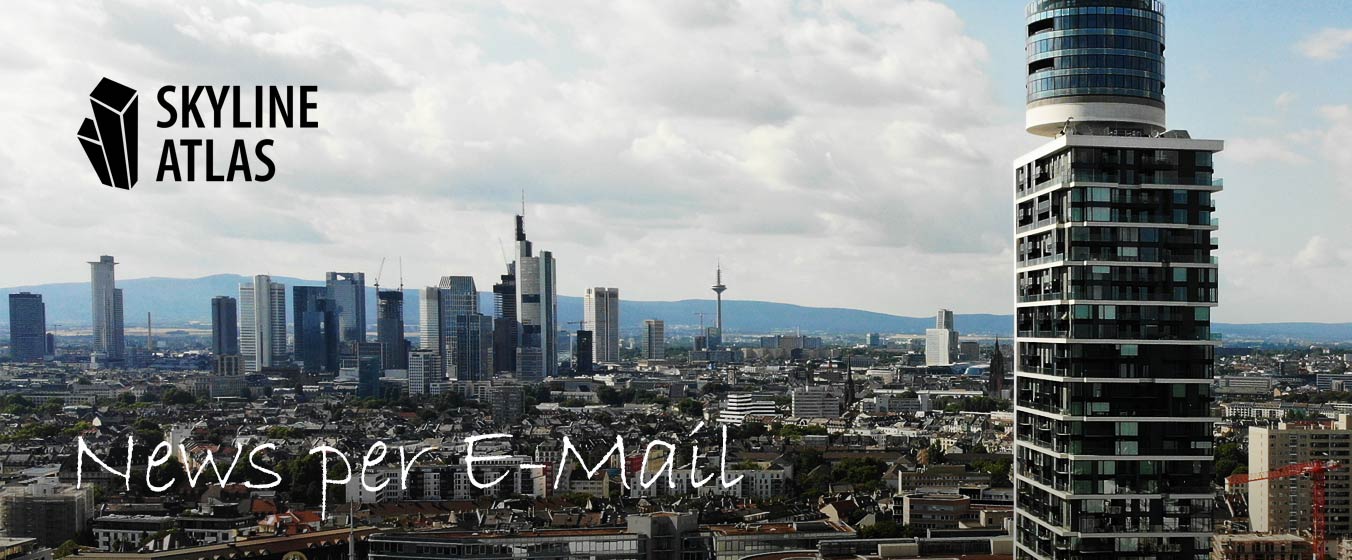
Tax System in the UAE
The UAE is known for its business-friendly tax environment, with no personal income tax levied on individuals. However, it does impose certain taxes on goods, services, and businesses, which are outlined below:
-
Corporate Tax:
-
Traditionally, Dubai did not impose a corporate tax on most businesses. However, as of 2023, the UAE has introduced a Corporate Tax for businesses. This applies to companies with a taxable income exceeding 375,000 AED. The corporate tax rate is 9% on profits that exceed this threshold. Companies with income below this level are exempt from corporate tax.
-
Certain sectors, such as those in free zones or those engaged in natural resource extraction, may have specific tax exemptions or different rates.
-
-
Value Added Tax (VAT):
-
Introduced in 2018, VAT is a consumption tax on goods and services. The standard VAT rate in Dubai is 5%. This tax is applied to most goods and services, although there are some exemptions, such as healthcare, education, and certain financial services. VAT is collected by businesses on behalf of the government.
-
-
Excise Tax:
-
Dubai also imposes an Excise Tax on specific goods that are considered harmful to health or the environment. This tax is aimed at discouraging the consumption of such goods. The rates are as follows:
-
50% on sugary drinks
-
100% on tobacco products and energy drinks
-
-
-
Customs Duties:
-
Dubai imposes Customs Duties on imported goods, with the standard rate being 5% of the value of the goods. There are exemptions for certain products, and goods imported into free zones may not be subject to customs duties, depending on the nature of the goods and the regulations of the free zone.
-
-
Real Estate Taxes:
-
Property Tax: There is no property tax in Dubai, which is a significant advantage for property owners.
-
Real Estate Transfer Fees: When buying or selling property, the Dubai Land Department charges a transfer fee of 4% of the property’s purchase price.
-
Municipality Fees: There are also municipal fees that apply to properties, which are usually around 5% of the annual rent value for tenants.
-
-
Income Tax:
-
No Personal Income Tax: Dubai does not impose a personal income tax, meaning that individuals are not taxed on their salaries or other personal income. This makes Dubai a highly attractive destination for professionals and expatriates.
-
-
Social Security:
-
Social Security Contributions: For UAE nationals, there is a social security scheme that requires contributions from both employees and employers. The contribution rates are around 5% for employees and 12.5% for employers. However, expatriates do not have to contribute to the social security system.
-
-
Tax on Dividends:
-
There are no taxes on dividends in Dubai, making it an attractive destination for investors who want to earn returns on their investments without the burden of dividend taxation.
-






